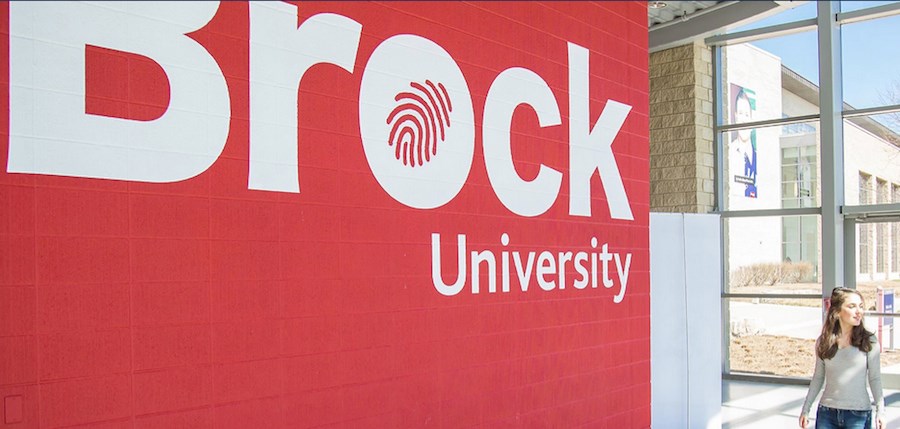NEWS RELEASE
BROCK UNIVERSITY
*************************
Visitors coming to Niagara have lots to see and do thanks to the region being a top tourism destination.
New research by Brock University’s Niagara Community Observatory (NCO) says there’s potential to enhance Niagara’s vibrant tourism industry if the region were to become a UNESCO Global Geopark.
A Global Geopark is an area containing “sites and landscapes of international geological significance,” according to UNESCO.
“Being designated a UNESCO Global Geopark allows Niagara to brand itself internationally as a destination for geotourism,” says Carol Phillips, author of the NCO’s policy brief Ohnia:kara, An Aspiring Global Geopark.
“Niagara has a fascinating earth history that has created so many beautiful sites, culminating in Niagara Falls,” she says. “This brand allows us to showcase those sites as well as the history and culture that has developed around them."
The policy brief discusses the concept of a geopark in more detail, describes the efforts of the geographic educational non-profit Geospatial Niagara to apply to become a geopark, offers case studies from other areas of the world and outlines next steps in the application process.
The NCO will launch the policy brief Ohnia:kara, An Aspiring Global Geopark Thursday, Feb. 7 at Brock University. A panel will discuss the brief and the way forward for Niagara.
What: Launching of NCO policy brief Ohnia:kara, An Aspiring Global Geopark
When: Thursday, Feb. 7 from 9 to 11 a.m.
Where: Room 207, Cairns Family Health and Bioscience Research Complex, Brock University
Who: Carol Phillips, research co-ordinator, Niagara Community Observatory
Panelists: Darren Platakis, Geospatial Niagara, Ohnia:kara Steering Committee; David Fennell, professor, Geography and Tourism, Brock University, Ohnia:kara Steering Committee; Walter Sendzik, mayor, St. Catharines; Phil Davis, Indigenous culture liaison, Ohnia:kara Steering Committee.
*************************



